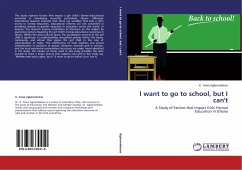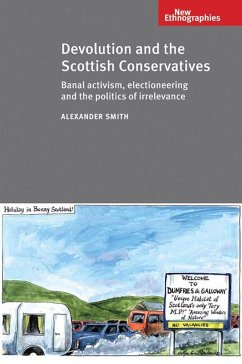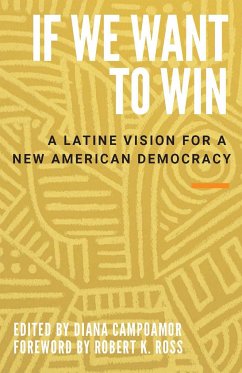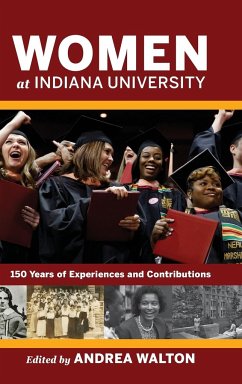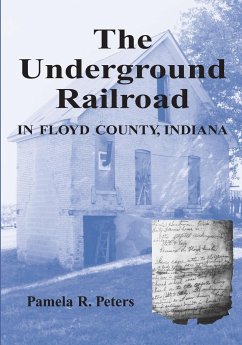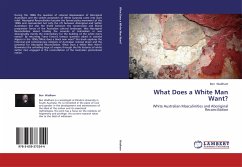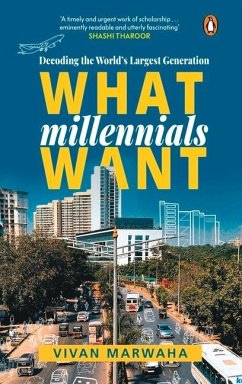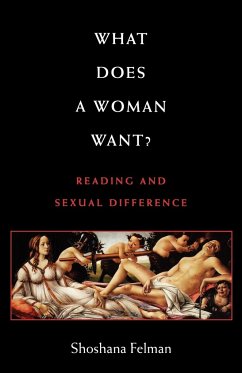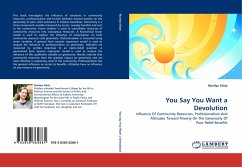
You Say You Want a Devolution
Influence Of Community Resources, Professionalism And Attitudes Toward Poverty On The Generosity Of Poor Relief Benefits
Versandkostenfrei!
Versandfertig in 6-10 Tagen
52,99 €
inkl. MwSt.

PAYBACK Punkte
26 °P sammeln!
This book investigates the influence of variations in community resources, professionalism and trustee attitudes toward poverty on the generosity of poor relief assistance in Indiana townships. Generosity is a three-component variable measured by access, average benefits and cost to the community. Factor analysis is used to consolidate measures of community resources into conceptual measures. A hierarchical linear model is used to explore the influence of urbanization on both community resources and generosity. Professionalism is measured using seven variables. A general least squares regressi...
This book investigates the influence of variations in community resources, professionalism and trustee attitudes toward poverty on the generosity of poor relief assistance in Indiana townships. Generosity is a three-component variable measured by access, average benefits and cost to the community. Factor analysis is used to consolidate measures of community resources into conceptual measures. A hierarchical linear model is used to explore the influence of urbanization on both community resources and generosity. Professionalism is measured using seven variables. A general least squares regression model is used to analyze the influence of professionalism on generosity. Attitudes are measured by written responses to an open-ended question. A generalized least squares regression model is used to analyze the influence of this qualitative variable on generosity. Results indicate that community resources have the greatest impact on generosity and are most effective in explaining costs to the community. Professionalism has the greatest influence on access to benefits. Attitudes have no influence on any measure of generosity.



